Top 10 Warehouse Management System Software Comparison
By Dante Holloway | Published: Current Review | Category: Warehouse Management System Software
About Warehouse Management System Software
Warehouse Management System (WMS) software helps organizations control and optimize day-to-day operations in a warehouse or distribution center. It manages processes from receiving inventory through putaway, picking, packing, and shipping.
Scoring Criteria
- → Feature Set
- → Scalability
- → Ease of Use
- → Integration Capabilities
- → Support & Documentation
- → Pricing/Value
The Best Warehouse Management System Software
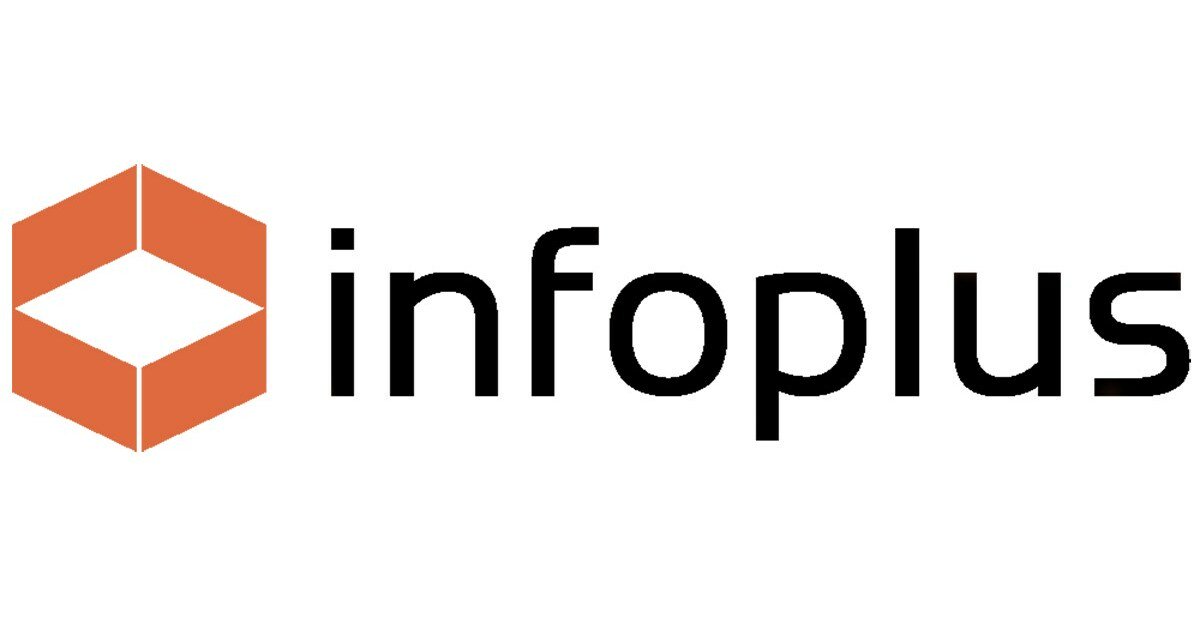 #10
#10
Infoplus Commerce WMS
By Infoplus
A cloud-based WMS specifically designed for e-commerce, 3PL, and wholesale fulfillment operations, emphasizing ease of use and integration.
Platforms & Use Cases
Platforms: Cloud, Mobile
Best For: E-commerce Fulfillment, 3PL Providers, Wholesale Distributors, Businesses needing fast implementation
Key Features
- ✓Streamlined Fulfillment Workflows: Optimized processes for receiving, picking, packing, shipping.
- ✓Pre-built Integrations: Connectors for major e-commerce platforms (Shopify, Amazon) and shipping carriers.
- ✓Inventory Visibility & Control: Real-time tracking, cycle counting, lot control.
- ✓Custom Reporting & Scripting: Ability to tailor reports and automate tasks.
- ✓User-Friendly Interface: Focus on ease of navigation and operation.
Scorecard (Overall: 8.2 / 10.0)
Pricing
Growth
$399.00 / Monthly
- Core WMS
- Limited users/orders
- Standard integrations
Limitations: Order/User limits
Enterprise
$-1.00 / Monthly/Annual (Quote-based)
- Higher/Custom limits
- Advanced features
- Dedicated support
Limitations: Higher cost
Pros
- + Easy to use interface
- + Strong e-commerce and carrier integrations
- + Fast implementation potential
- + Good for mid-market and 3PLs
Cons
- - May lack depth of features found in Tier 1 systems for very complex manufacturing
- - Pricing can increase with volume/features
- - Newer player compared to some established vendors
Verdict
"An excellent cloud-based WMS for e-commerce and 3PL operations prioritizing ease of use, quick integration, and efficient fulfillment."
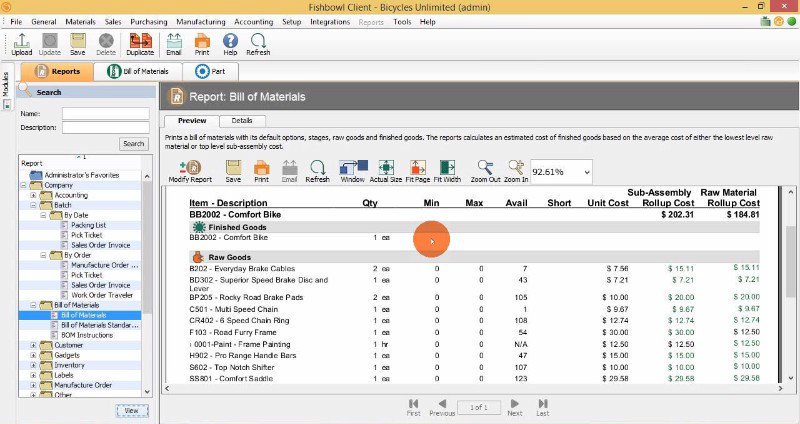 #9
#9
Fishbowl Warehouse
By Fishbowl Inventory
An inventory management solution with WMS features, popular among QuickBooks users and small to medium-sized businesses.
Platforms & Use Cases
Platforms: On-premise (Server), Mobile (Client)
Best For: QuickBooks users, Small to Medium Businesses (SMBs), Light Manufacturing, Wholesale Distribution
Key Features
- ✓QuickBooks Integration: Strong, established integration with QuickBooks Desktop.
- ✓Inventory Control: Tracking across multiple locations, lot/serial tracking, kitting.
- ✓Order Management: Sales order and purchase order processing.
- ✓Basic WMS Features: Mobile barcode scanning for picking, packing, shipping, receiving.
- ✓Manufacturing Orders: Bill of materials and work order management.
Scorecard (Overall: 7.5 / 10.0)
Pricing
Per User License
$-1.00 / One-time (Perpetual, plus optional annual support)
- Core Inventory & WMS
- QuickBooks Integration
- Manufacturing module
Limitations: Primarily on-premise architecture, Less scalable than cloud-native enterprise WMS, Advanced WMS features may be limited
Pros
- + Excellent QuickBooks integration
- + Affordable perpetual license model
- + Good core inventory management features
- + Relatively easy to use for SMBs
Cons
- - Less scalable than enterprise systems
- - Primarily on-premise
- - Lacks some advanced WMS optimization features
- - Mobile app UI could be improved
Verdict
"A strong value proposition for SMBs, especially those using QuickBooks, needing robust inventory control with essential WMS capabilities."
User Reviews
Add Your Review
Loading reviews...
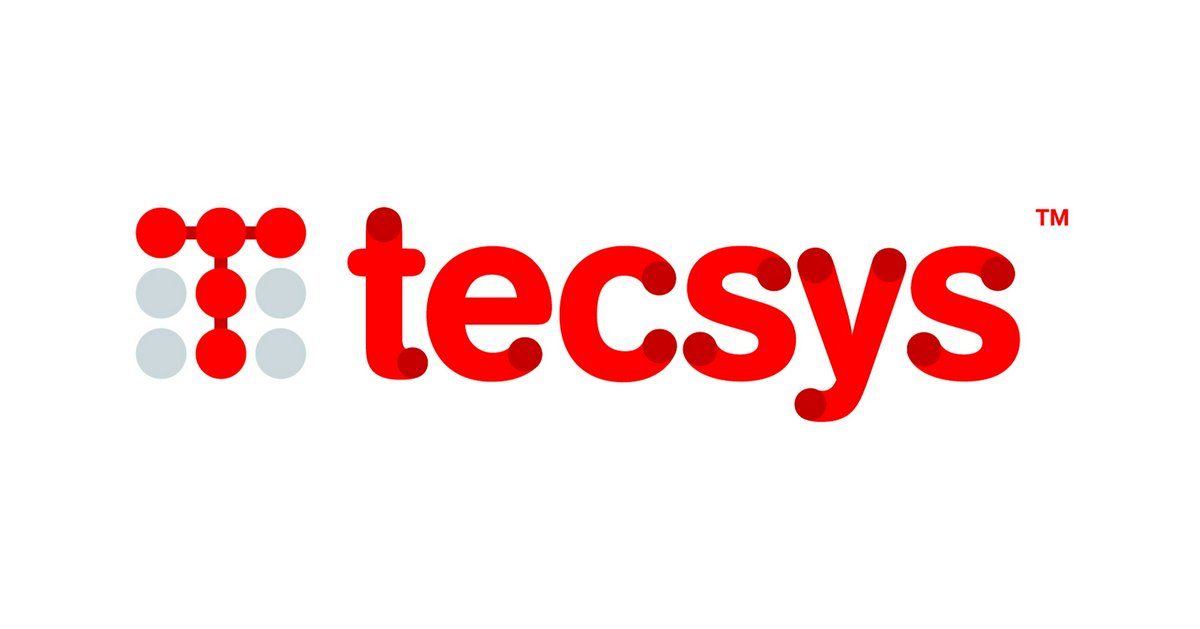 #8
#8
Tecsys WMS
By Tecsys Inc.
A flexible WMS platform catering especially to healthcare, service parts, and complex distribution environments.
Platforms & Use Cases
Platforms: Cloud, On-premise, Mobile
Best For: Healthcare Logistics (Hospital Supply Chain), Service Parts Distribution, Heavy Equipment, Beverage Distribution, 3PL
Key Features
- ✓Industry-Specific Functionality: Tailored features for healthcare (UDI tracking) and service parts (serial tracking, returns).
- ✓Visual Warehousing: Graphical representation of warehouse layout and inventory.
- ✓Omnichannel Fulfillment: Support for various fulfillment models (B2B, B2C, Ship-from-Store).
- ✓Integrated Transportation Management: Capabilities for managing inbound and outbound logistics.
- ✓Point-of-Use Supply Management: Extends inventory control beyond the warehouse (e.g., hospital PAR levels).
Scorecard (Overall: 8.1 / 10.0)
Pricing
Custom
$-1.00 / Varies (Quote-based)
- Core WMS
- Industry-specific modules
- Integration services
- Deployment options
Limitations: Niche focus may mean overkill for simple operations, Pricing depends heavily on scope
Pros
- + Strong expertise in specific verticals (Healthcare, Service Parts)
- + Visual tools aid usability
- + Flexible platform
- + Good integration capabilities
Cons
- - May be less known outside its core industries
- - Can be complex depending on configuration
- - Cost can be high for full suite
Verdict
"An excellent choice for organizations in specific complex industries like healthcare or service parts distribution requiring tailored WMS functionality."
User Reviews
Add Your Review
Loading reviews...
 #7
#7
Softeon WMS
By Softeon
A comprehensive WMS offering broad functionality with a focus on optimization and direct-to-consumer fulfillment.
Platforms & Use Cases
Platforms: Cloud, On-premise, Mobile
Best For: Retail, E-commerce, 3PL, Food & Beverage, Manufacturing
Key Features
- ✓Order Fulfillment Optimization: Advanced algorithms for picking, packing, shipping.
- ✓Resource & Task Management: Optimized labor and equipment utilization.
- ✓Parcel Shipping Integration: Native multi-carrier shipping capabilities.
- ✓Inventory Management: Real-time tracking, cycle counting, putaway strategies.
- ✓Extensibility: Ability to add modules like Yard Management, Labor Management.
Scorecard (Overall: 8.1 / 10.0)
Pricing
Modular Licensing
$-1.00 / Annual (Quote-based)
- Core WMS
- Optional advanced modules
- Cloud or On-premise deployment
Limitations: Less brand recognition than Tier 1 vendors, Implementation requires careful planning
Pros
- + Strong fulfillment and optimization capabilities
- + Good balance of features and configurability
- + Competitive pricing relative to Tier 1
- + Single vendor for WMS, DOM, TMS
Cons
- - Smaller market presence compared to giants
- - Can require significant configuration
- - User interface could be more modern
Verdict
"A solid WMS choice offering robust functionality, particularly for companies focused on fulfillment optimization, often at a better value than top-tier competitors."
User Reviews
Add Your Review
Loading reviews...
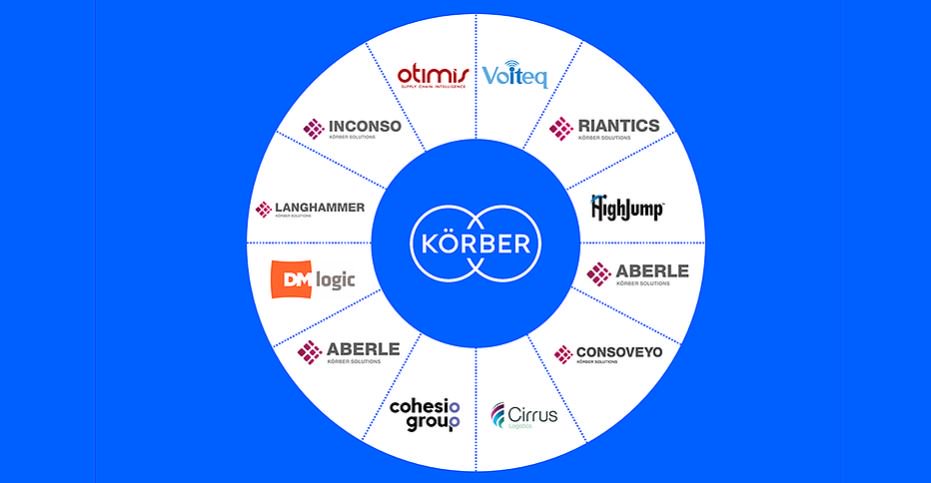 #6
#6
Körber WMS (including HighJump)
By Körber Supply Chain
A highly adaptable WMS solution known for its flexibility and ability to tailor workflows without complex coding, suitable for complex and evolving needs.
Platforms & Use Cases
Platforms: Cloud, On-premise, Mobile
Best For: 3PL, Retail, E-commerce, Wholesale Distribution, Medical Devices
Key Features
- ✓Adaptability & Configurability: Workflow customization through configuration tools.
- ✓Broad Functionality: Covers receiving, putaway, inventory, picking, packing, shipping, labor, yard.
- ✓Voice Directed Picking: Integration with voice technology for hands-free operations.
- ✓Automation Integration: Connects with various MHE and robotics systems.
- ✓Event-Driven Architecture: Real-time responsiveness to warehouse events.
Scorecard (Overall: 8.3 / 10.0)
Pricing
Tiered Licensing
$-1.00 / Varies (Quote-based)
- Core WMS
- Optional modules (Labor, Yard, Automation)
- Cloud or On-premise options
Limitations: Can become complex with extensive customization, Pricing varies significantly with modules and scale
Pros
- + Highly flexible and configurable without coding
- + Strong support for 3PL operations
- + Scalable architecture
- + Good automation and voice integration
Cons
- - Can require significant configuration effort
- - Support quality can vary based on implementation partner
- - UI may seem less modern than some competitors
Verdict
"Excellent choice for businesses needing a highly adaptable WMS to handle unique or evolving processes, particularly strong in the 3PL sector."
User Reviews
Add Your Review
Loading reviews...
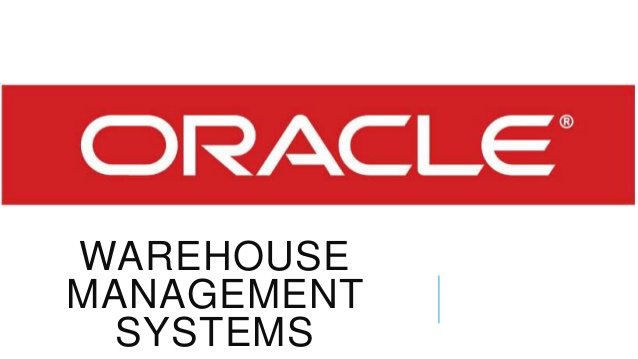 #5
#5
Oracle Warehouse Management Cloud (WMS Cloud)
By Oracle
A scalable cloud WMS solution, part of Oracle's Supply Chain Management Cloud suite, suitable for diverse warehouse operations.
Platforms & Use Cases
Platforms: Cloud, Mobile
Best For: Mid-market to Enterprise, Omnichannel Retail, Manufacturing, 3PL, Integration with Oracle Cloud ERP
Key Features
- ✓End-to-End Inventory Management: Visibility across facilities, advanced cycle counting, task management.
- ✓Configurable Workflows: Adaptable processes for receiving, putaway, picking, packing, shipping.
- ✓Yard and Dock Management: Scheduling and tracking of inbound/outbound trailers.
- ✓Integrated Analytics: Dashboards and reporting for operational insights.
- ✓Mobile Supply Chain Applications: Task execution via handheld devices.
Scorecard (Overall: 8.2 / 10.0)
Pricing
Subscription
$-1.00 / Annual (Quote-based)
- Comprehensive WMS functionality
- Regular cloud updates
- Integration with Oracle SCM Cloud
Limitations: Can be complex, Integration outside Oracle ecosystem may require more effort
Pros
- + Strong integration with Oracle Cloud suite
- + Scalable cloud architecture
- + Comprehensive feature set
- + Regular feature updates
Cons
- - Complexity can be high
- - Best value when used with other Oracle Cloud products
- - Implementation requires expertise
Verdict
"A powerful cloud WMS, particularly strong for organizations utilizing Oracle's broader SCM and ERP cloud offerings."
User Reviews
Add Your Review
Loading reviews...
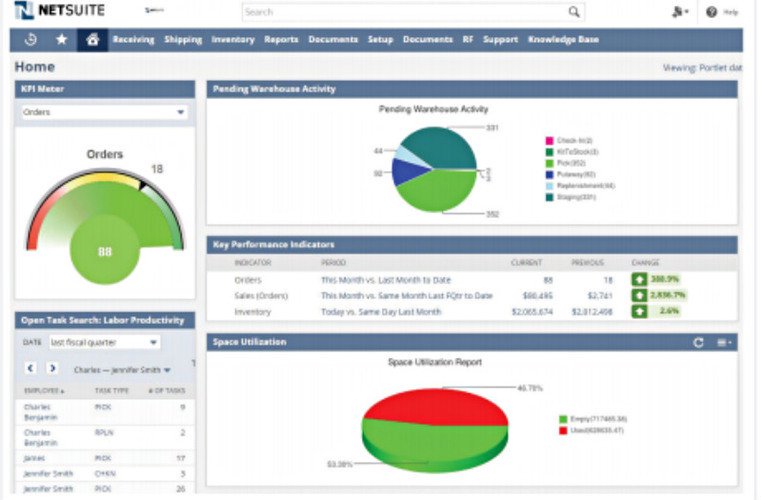 #4
#4
NetSuite WMS
By Oracle NetSuite
A cloud-based WMS that natively integrates with NetSuite ERP, offering unified inventory and order management.
Platforms & Use Cases
Platforms: Cloud, Mobile
Best For: NetSuite ERP users, Mid-market companies, E-commerce Fulfillment, Wholesale Distribution
Key Features
- ✓Native NetSuite Integration: Seamless workflow from order capture to fulfillment within NetSuite.
- ✓Mobile RF Support: Real-time task management on handheld devices.
- ✓Inventory Control: Bin management, cycle counting, lot/serial tracking.
- ✓Order Fulfillment Strategies: Wave planning, zone picking, multi-order picking.
- ✓Integrated Shipping: Connects with major carriers for label printing and tracking.
Scorecard (Overall: 8.2 / 10.0)
Pricing
Add-on Module
$-1.00 / Annual (Quote-based, requires NetSuite ERP)
- Core WMS functions
- Mobile access
- Reporting within NetSuite
Limitations: Requires NetSuite ERP subscription, May lack some advanced features of standalone Tier 1 WMS
Pros
- + Excellent integration with NetSuite ERP
- + Unified business platform
- + Good mobile functionality
- + Relatively easier implementation within NetSuite
Cons
- - Tied to the NetSuite ecosystem
- - May not be as feature-rich as top-tier standalone WMS for highly complex needs
- - Pricing dependent on NetSuite license
Verdict
"Ideal for companies already using or planning to use NetSuite ERP, providing seamless WMS capabilities within a unified cloud platform."
User Reviews
Add Your Review
Loading reviews...
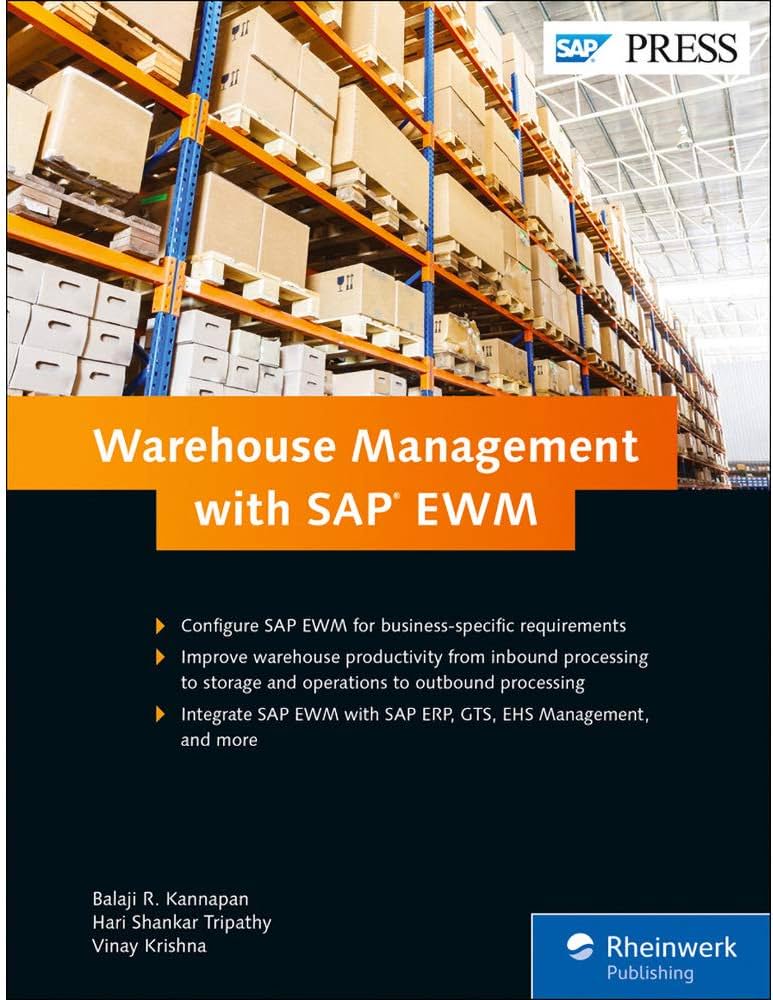 #3
#3
SAP Extended Warehouse Management (EWM)
By SAP
An integrated WMS within the SAP ecosystem, offering robust functionality for complex logistics and supply chain processes.
Platforms & Use Cases
Platforms: Cloud, On-premise, Mobile
Best For: Companies using SAP ERP, Large Scale Distribution, Manufacturing Warehousing, Automated Warehouses
Key Features
- ✓Deep SAP Integration: Seamless data flow with SAP S/4HANA and other SAP modules.
- ✓Advanced Warehousing Functions: Slotting, wave management, cross-docking, value-added services.
- ✓Material Flow System (MFS): Direct integration with warehouse automation equipment.
- ✓Quality Management Integration: Built-in checks and processes during receiving and storage.
- ✓Labor Management: Monitoring and optimization of workforce tasks.
Scorecard (Overall: 8.3 / 10.0)
Pricing
Integrated (S/4HANA)
$-1.00 / Varies (Quote-based, part of SAP license)
- Basic & Advanced WMS features
- Embedded analytics
- Direct ERP integration
Limitations: Best suited for existing SAP customers, Complexity tied to SAP ecosystem
Decentralized
$-1.00 / Varies (Quote-based)
- Can connect to non-SAP ERPs
- High scalability
- Full EWM feature set
Limitations: Complex integration outside SAP, Significant implementation effort
Pros
- + Unmatched integration for SAP environments
- + Highly capable for complex and large operations
- + Strong automation control (MFS)
- + Robust feature set
Cons
- - Complexity and cost, especially for non-SAP users
- - Steep learning curve
- - Implementation requires specialized SAP expertise
Verdict
"The go-to choice for organizations heavily invested in the SAP ecosystem needing a powerful, integrated WMS."
User Reviews
Add Your Review
Loading reviews...
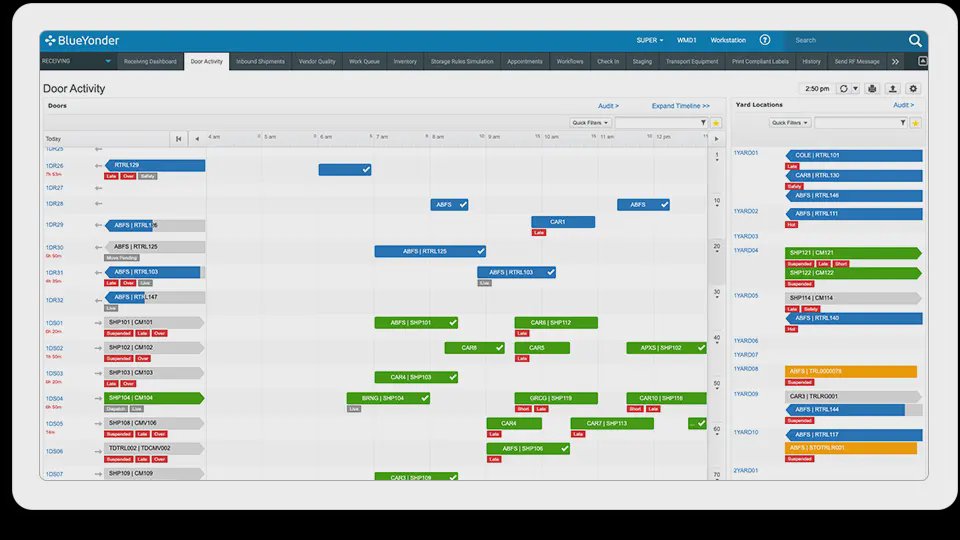 #2
#2
Blue Yonder Warehouse Management
By Blue Yonder
A leading WMS focused on optimizing warehouse processes through AI/ML, supporting complex supply chain needs.
Platforms & Use Cases
Platforms: Cloud, On-premise, Mobile
Best For: Large Enterprises, 3PL, Manufacturing, Retail, Cold Chain
Key Features
- ✓AI-Powered Optimization: Intelligent task management, labor forecasting, slotting.
- ✓Comprehensive Inventory Control: Serial/lot tracking, catch weight, quality control.
- ✓Advanced Fulfillment: Omnichannel support, complex picking logic, value-added services.
- ✓Labor Management System (LMS): Detailed performance monitoring and incentives.
- ✓Extensibility: Strong integration framework and customization options.
Scorecard (Overall: 8.5 / 10.0)
Pricing
Enterprise
$-1.00 / Annual (Quote-based)
- Full WMS capabilities
- AI/ML features
- Flexible deployment options
- Strong integration support
Limitations: High implementation cost and complexity, May require specialized expertise
Pros
- + Powerful AI/ML capabilities for optimization
- + Highly configurable and scalable
- + Strong focus on labor management
- + Supports very complex operations
Cons
- - Significant investment required
- - Implementation can be lengthy
- - User interface can feel dated for some modules
Verdict
"A top contender for large organizations needing advanced optimization, AI-driven insights, and extensive configurability."
User Reviews
Add Your Review
Loading reviews...
View Top Ranked Software
Watch a short ad to unlock the details for the #1 ranked software.
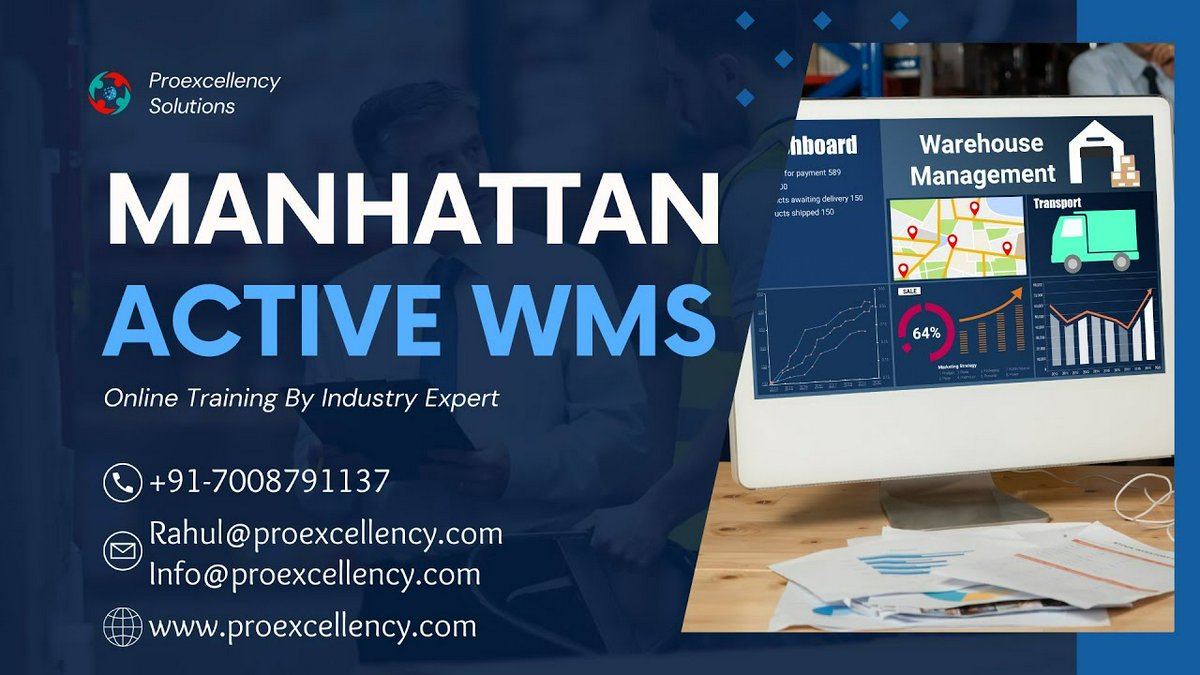 #1
#1
Manhattan Active Warehouse Management
By Manhattan Associates
A comprehensive, cloud-native WMS designed for complex, high-volume operations, emphasizing adaptability and automation.
Platforms & Use Cases
Platforms: Cloud, Mobile
Best For: Large Enterprises, Retail Distribution, Omnichannel Fulfillment, 3PL, Manufacturing
Key Features
- ✓Inventory Management: Real-time visibility, slotting optimization, cycle counting.
- ✓Order Fulfillment: Advanced picking strategies (wave, batch, zone), packing, shipping.
- ✓Labor Management: Performance tracking, task interleaving, workforce planning.
- ✓Automation & Robotics Integration: Built-in support for various warehouse automation systems.
- ✓Yard Management: Dock scheduling, trailer check-in/out.
Scorecard (Overall: 8.6 / 10.0)
Pricing
Enterprise
$-1.00 / Annual (Quote-based)
- Full WMS suite
- Cloud-native architecture
- Regular updates
- Extensive configuration
Limitations: Requires significant investment, Complex implementation
Pros
- + Highly scalable and feature-rich
- + Strong automation integration
- + Cloud-native benefits (updates, uptime)
- + Industry leader for complex operations
Cons
- - Can be complex to implement and manage
- - Higher cost compared to simpler solutions
- - Steeper learning curve
Verdict
"Best-in-class for large, complex warehouse operations needing advanced features and high scalability."
User Reviews
Add Your Review
Loading reviews...

Final Thoughts
The WMS market offers diverse solutions, from comprehensive Tier 1 systems like Manhattan Active WM, Blue Yonder, and SAP EWM designed for complex, large-scale operations, to integrated solutions like NetSuite WMS and Oracle WMS Cloud, flexible platforms like Körber WMS, and specialized or SMB-focused options like Tecsys, Softeon, Infoplus, and Fishbowl. Selection depends heavily on operational complexity, scale, existing ERP systems, industry-specific needs, and budget.
User Reviews
Add Your Review
Loading reviews...
No reviews yet. Be the first to share your thoughts!